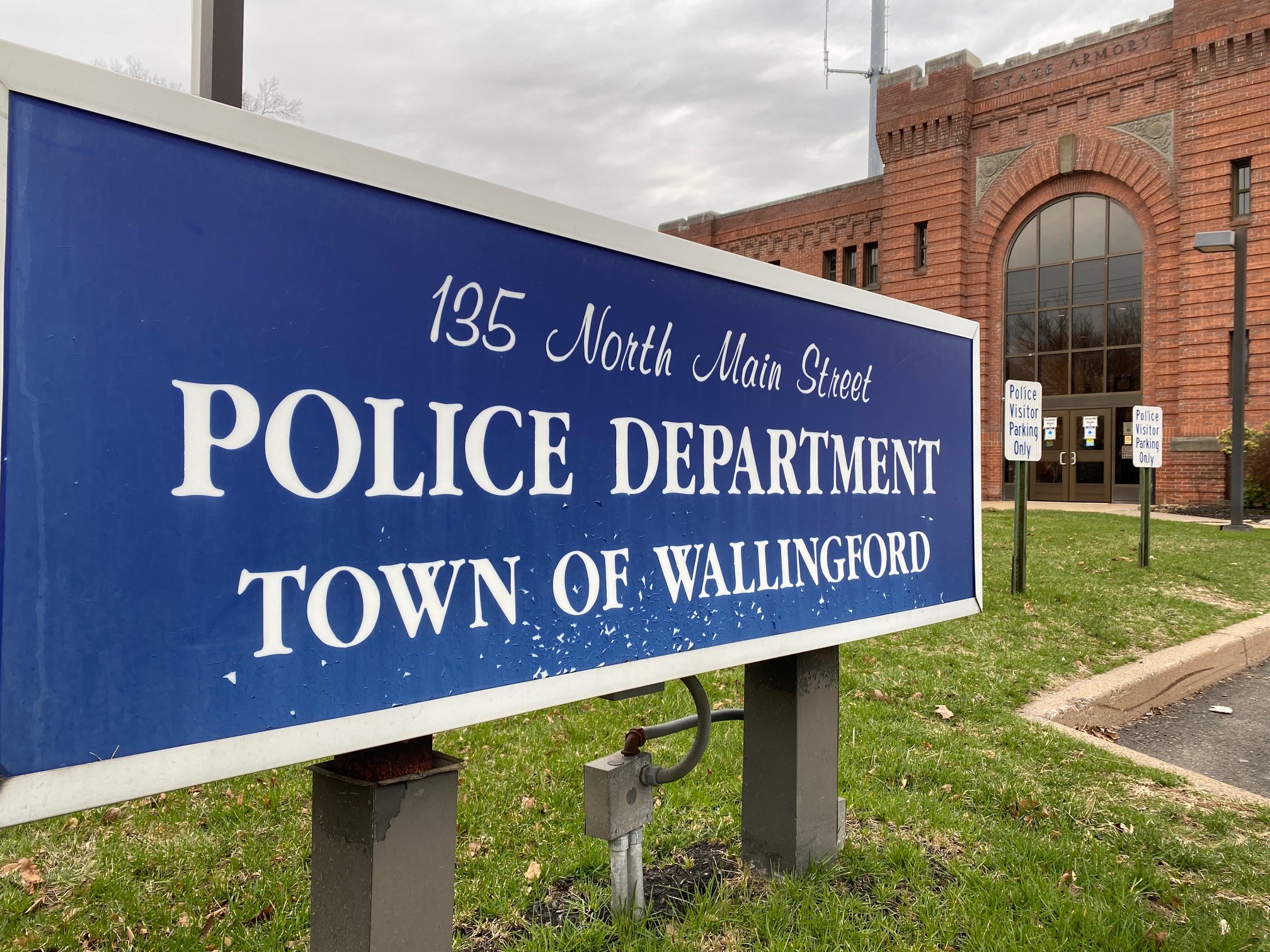
Records for thousands of Connecticut residents who were convicted of cannabis possession are set to be cleared in January, according to the governor’s office.
Gov. Ned Lamont said Tuesday that around 44,000 cases will be fully or partially erased through 2021 legislation the governor signed into law.
“On January 1, thousands of people in Connecticut will have low-level cannabis convictions automatically erased due to the cannabis legalization bill we enacted last year,” Lamont said in a statement. “Especially as Connecticut employers seek to fill hundreds of thousands of job openings, an old conviction for low-level cannabis possession should not hold someone back from pursuing their career, housing, professional, and educational aspirations.”
The governor’s office said residents who have had their records erased may tell employers, landlords, and schools that the conviction never occurred.
Get Connecticut local news, weather forecasts and entertainment stories to your inbox. Sign up for NBC Connecticut newsletters.
According to a news release from the governor’s office, criminal justice agencies are making technology upgrades needed to provide automated erasure of significantly more eligible criminal records pursuant to Connecticut’s Clean Slate laws: (Public Act 21-32, as amended by Public Act 21-33 and Public Act 22-26).
The Clean Slate automated erasure system is expected to be fully implemented during the second half of 2023.
What to Know:
How people will receive erasure will depend on when they were convicted. Specifically:
- Convictions for violations of C.G.S. § 21a-279(c) for possession of under four ounces of a non-narcotic, non-hallucinogenic substance imposed between January 1, 2000, and September 30, 2015, will be automatically erased on January 1, 2023. People included under this provision of the law need not do anything to make these convictions eligible for erasure.
- Convictions for the following violations can be erased if one files a petition in Superior Court:
- Convictions for violations of C.G.S. § 21a-279 for possession of less than or equal to four ounces of a cannabis-type substance imposed before January 1, 2000, and between October 1, 2015, and June 30, 2021.Convictions for violations of C.G.S. § 21a-267(a) for possession with intent to use drug paraphernalia for cannabis imposed before July 1, 2021.
- Convictions for violations of C.G.S. § 21a-277(b) imposed before July 1, 2021, for manufacturing, selling, possessing with intent to sell, or giving or administering to another person a cannabis-type substance and the amount involved was under four ounces or six plants grown inside a person’s home for personal use.
Upgrades Needed
Local
The governor’s office said criminal justice agencies under the state’s judicial and executive branches continue to implement the information technology upgrades needed to provide automated erasure of significantly more eligible criminal records pursuant to Connecticut’s Clean Slate laws.
The Clean Slate automated erasure system is expected to be fully implemented during the second half of 2023.
Implementation involves significant information technology upgrades to allow criminal justice agencies to send and receive data to determine who can have their offenses erased and to update record systems.
Sign up for our Breaking newsletter to get the most urgent news stories in your inbox.
Lamont’s office said the state has invested more than $5 million for information technology upgrades.
The news release said the information technology systems involved are complex, and some are outdated.
It goes on to say that significant interpretation issues may require clarification by the General Assembly this session.
People eligible for Clean Slate include those who have not had any other criminal convictions for seven or 10 years, depending on the conviction to be erased, have completed sentences for all crimes for which that person has been convicted, and meet other eligibility criteria under the laws. Eligible offenses include most misdemeanors, most Class D and Class E felonies, and most unclassified felonies with a possible prison sentence of five years or less.



